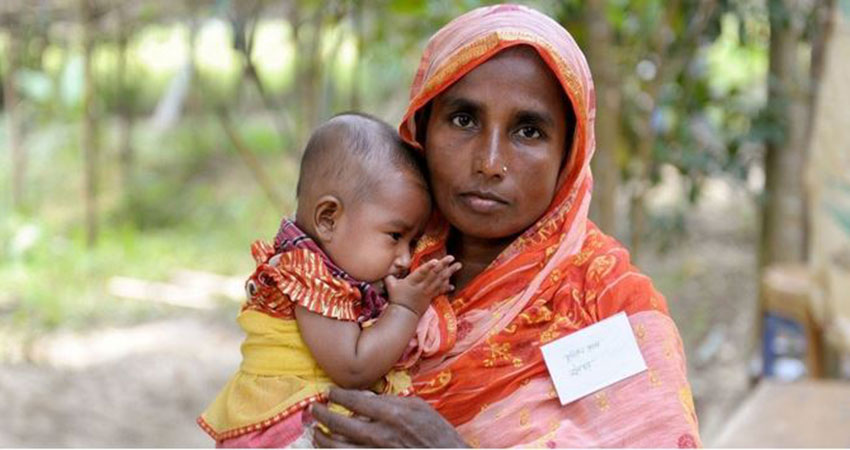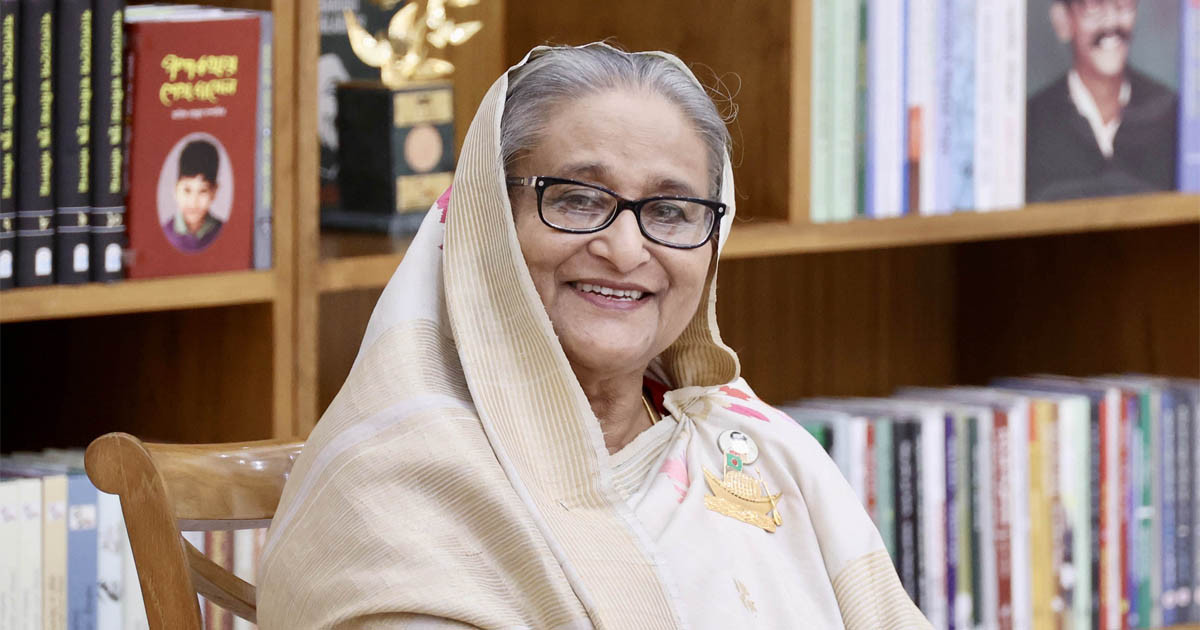Although electricity is critical to healthcare provision, nearly a billion people in poorer countries are served by health facilities with no or unreliable electricity supply, a UN-backed report launched Saturday revealed.
The study, published by the World Health Organization (WHO), World Bank, International Renewable Energy Agency, and Sustainable Energy for All, presents the latest data on the electrification of healthcare facilities in low- and middle-income countries, and projects investments required to achieve adequate and reliable power.
"Electricity access in healthcare facilities can make the difference between life and death," Dr Maria Neira, WHO interim assistant director-general for healthier populations, said, UNB reports.
"Investing in reliable, clean and sustainable energy for health-care facilities is not only crucial to pandemic preparedness, but it's also much needed to achieve universal health coverage, as well as increasing climate resilience and adaptation."
Access to electricity is critical for providing people with quality healthcare, from delivering babies to managing emergencies like heart attacks, or ensuring children receive lifesaving vaccines, according to the report "Energizing Health: Accelerating Electricity Access in Health-Care Facilities."
Also, electricity is required to power the most basic devices - lighting, communications equipment and refrigeration, for example, or those that measure vital signs like heartbeat and blood pressure. It is also crucial for both routine and emergency procedures.
However, more than one in 10 health facilities in South Asia and sub-Saharan African countries lack any electricity access whatsoever, according to the report, and power is unreliable in half of all facilities in sub-Saharan Africa.
Despite recent progress, approximately one billion people are served by healthcare facilities without reliable electricity supply, or none at all - a number that is nearly as large as the entire populations of the US, Indonesia, Pakistan and Germany combined.
There are also stark disparities in access within the countries themselves. Primary healthcare centres and rural facilities are considerably less likely to have electricity access than hospitals and facilities in urban areas, according to the report.
The report stressed that the electrification of healthcare facilities "must be considered an utmost development priority."
A World Bank needs analysis, included in the report, showed that almost two-thirds of healthcare facilities in low and middle-income countries require some form of urgent intervention, such as a new electricity connection or backup power supply.
Nearly $5 billion is urgently needed to bring them to a minimal standard of electrification.
The authors said decentralised sustainable energy solutions are available which would have a huge impact on health delivery, citing the example of solar photovoltaic systems which convert sunlight into electricity.
Such solutions are cost-effective, clean and rapidly deployable on site, meaning there is no need to wait for the arrival of the central energy grid.
Healthcare systems and facilities are increasingly affected by the impacts of the climate emergency, the authors added.
So, making them more resilient calls for building facilities and services that can meet the challenges of climate change while improving environmental sustainability.



















